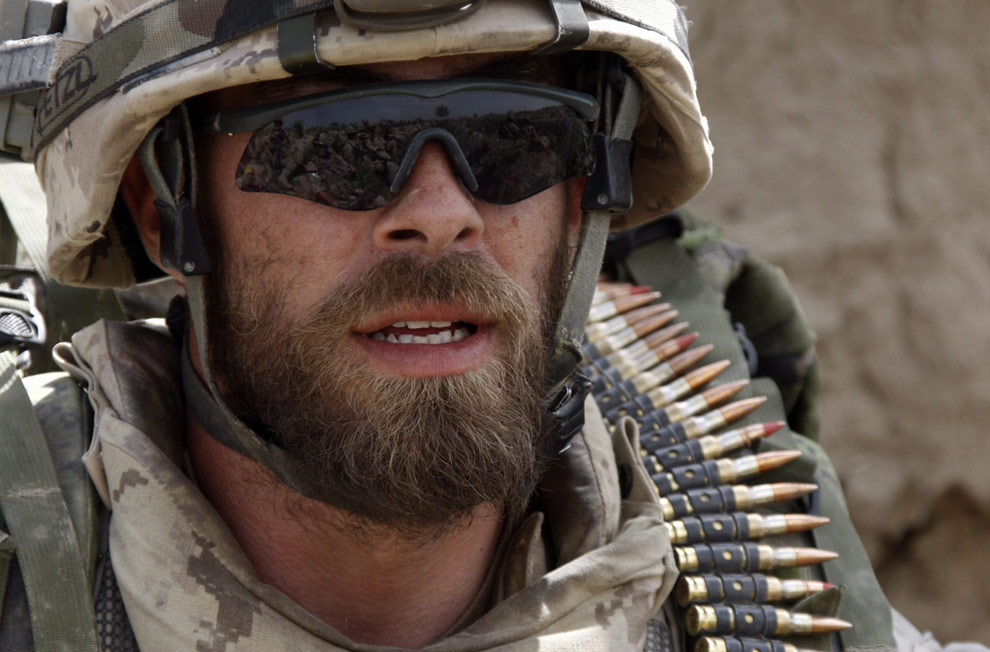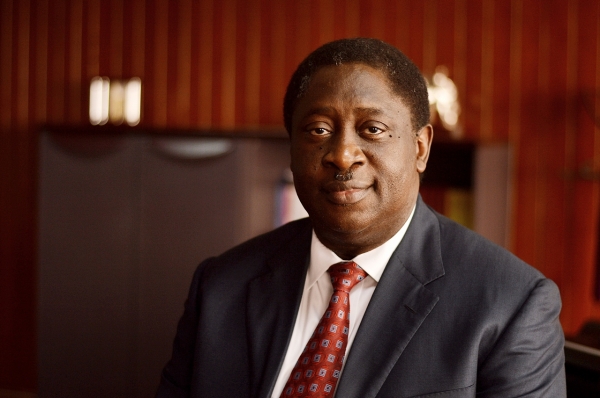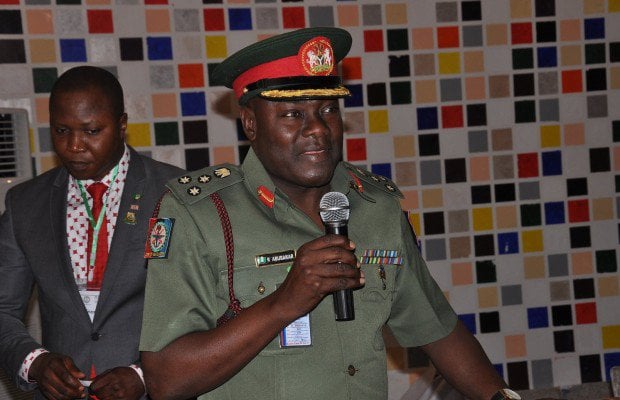The US Army has given approval for Muslim soldiers and officers of other religious minorities to wear beards, head scarf or hijabs for women.
Soldiers who desire to wear any of the items are to obtain approval to dress and groom themselves according to their religious customs while serving in the military.
In a memorandum signed this week, Eric Fanning, army secretary, revised the uniform policy to set appearance standards for people seeking religious accommodations.
However, soldiers with such religious obligations must still be able to wear combat helmets and other protective headgears, and must modify their hairstyles to achieve a proper fit.
Advertisement
All head scarfs or hijabs must be of a similar colour to the uniform and be free of designs or markings, unless they are camouflage and worn with a camouflage uniform.
The new rules also enable brigade-level commanders to approve the religious accommodations, an authority that was an exclusive preservation of the army secretary.
If any soldier is denied religious obligations, he may then appeal to the army secretary.
Advertisement
According to the memorandum, once a religious accommodation is approved for a soldier, it may not be revised throughout the soldier’s career except by the approval of the army secretary.
“The accommodation will not affect job specialties or duty locations, except in a few limited cases,” read the memorandum.
“Our goal is to balance soldier readiness and safety with the accommodation of our soldiers’ faith practices, and this latest directive allows us to do that.”
The new rules were welcomed by the Sikh Coalition.
Advertisement
“We are pleased with the progress that this new policy represents for religious tolerance and diversity,” said Harsimran Kaur, coalition legal director.
Sikhs have a long tradition of military service in India and elsewhere and have served in the United States as far back as World War One.
But uniform reforms after the Vietnam War made it difficult for them to serve without violating the tenets of their faith.
Advertisement
Add a comment






